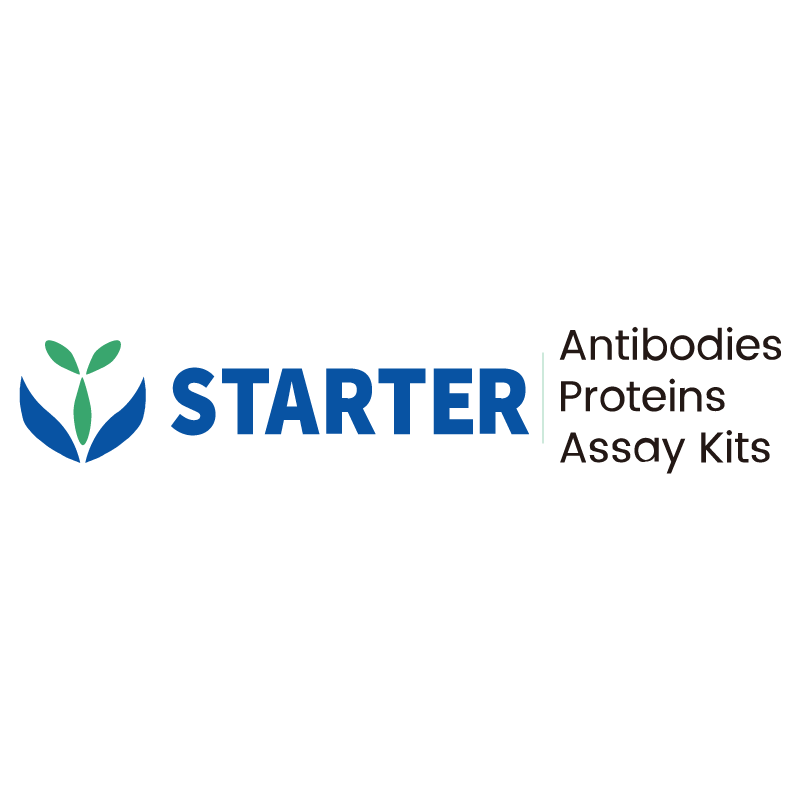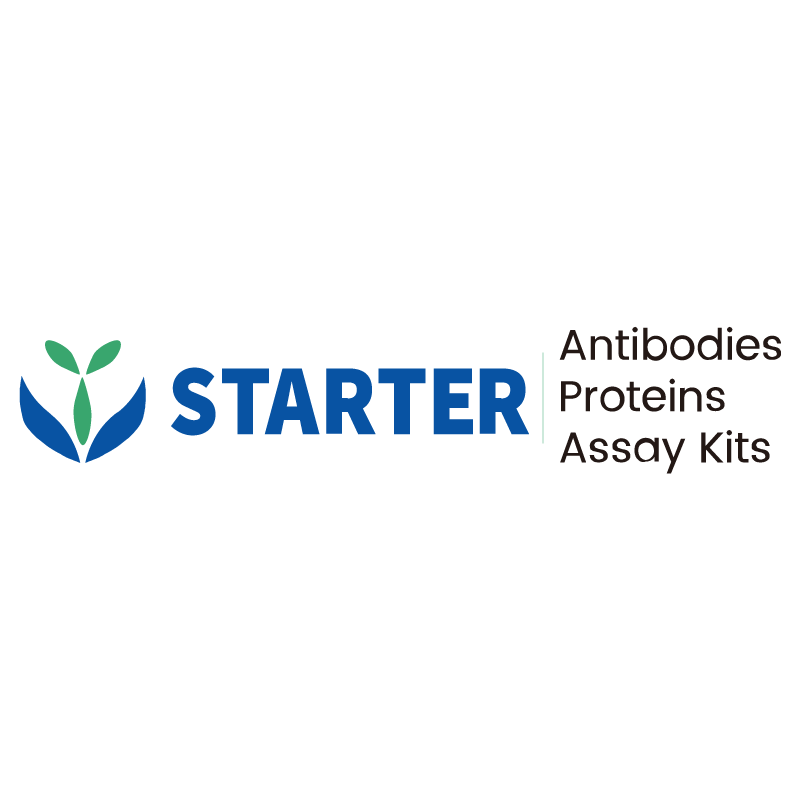Standard curve
Example of human IL-13 standard curve in Assay Diluent #1.
Product Details
Product Details
Product Specification
| Antigen | IL-13 |
| Immunogen | Recombinant Protein |
| Antibody Type | Recombinant mAb |
| Reactivity | Hu, Mk |
| Purification | Protein A |
| Stability & Storage | 2 to 8 °C as supplied. |
Kit
| Precision |
Intra-assay: 3.8%; Inter-assay: 4.1% |
| Sample type | Cell culture supernatant, Serum, Plasma |
| Assay type | Sandwich (quantitative) |
| Sensitivity | 0.3 pg/ml |
| Range | 3.9 pg/ml - 250 pg/ml |
| Recovery | Cell culture supernatant 80% Serum 90% Plasma 105% |
| Assay time | 60 minutes |
| Species reactivity | Human |
| CROSS REACTIVITY | / |
| INTERFERENCE | / |
| NIBSC convert | / |
Background
IL-13 is a 132-amino-acid nonglycosylated cytokine that shares common features with IL-4. It is secreted by several helper T cell subsets, NK cells, mast cells, eosinophils. IL-13 signals through a receptor complex containing IL-13 R alpha 1 and IL-4 R alpha. This complex also functions as the type 2 IL-4 receptor. IL-13 bound IL-13 R alpha 2 with high affinity and can directly promote tumor cell invasiveness and the development of tissue fibrosis. Nevertheless, like IL-4, IL-13 inhibits macrophage production of TNF, IL-1β, and pro-inflammatory chemokines, but can upregulate the synthesis of IL-12 by DCs and macrophages.
Picture
Picture
ELISA
Linearity
The concentrations of IL-13 were measured and interpolated from the target standard curves and corrected for sample dilution.
#1 sample is undiluted samples are as follows: human PBMC cells stimulated with 10ug/ml PHA for 5days (10%). The interpolated dilution factor corrected values are plotted. The mean target concentration was determined to be 730 pg/mL in stimulated human PBMC supernatant.
#2 sample is undiluted samples are as follows: human PBMC cells culture for 5days (50%). The interpolated dilution factor corrected values are plotted. The mean target concentration was determined to be 16 pg/mL in unstimulated human PBMC supernatant.
Leading Competitor comparison
Protocol Diagram


